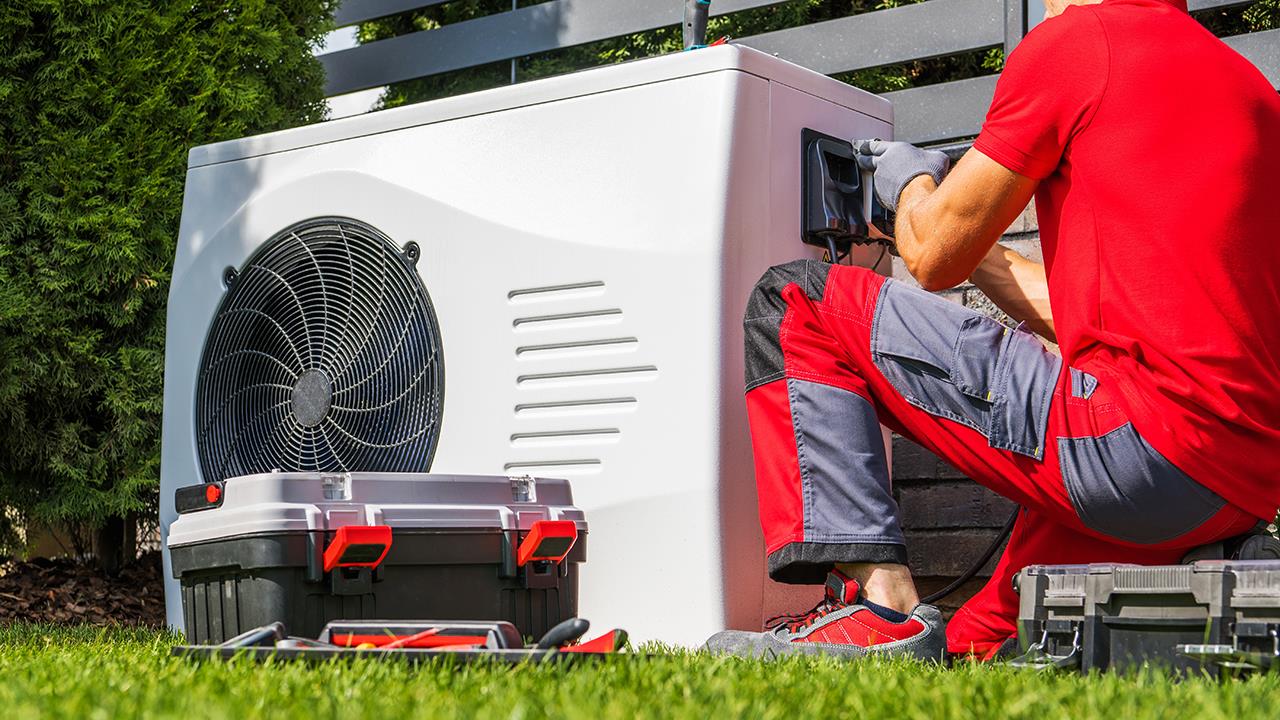

However, here we are, three years later, and circumstances have changed massively. Spiking gas prices have brought the running costs of heat pumps and gas closer to parity with one another (with heat pumps claimed to be cheaper to run in certain circumstances); strengthening the argument in favour of them. Although I’d be brave man to suggest this is finally the year of the heat pump, the outlook is improving – albeit from a low base.
It has no doubt been aided by the government making the decision to support the technology more seriously than in previous years. Last year saw the launch of the Boiler Upgrade Scheme, which gives householders and small businesses in England and Wales access to grants of up to £6,000 to install either an air source or ground source heat pump.
Given the £450 million scheme aims to help 90,000 homes over three years, I don’t think it’s unfair to say that engagement with the scheme has been relatively disappointing so far. Just 11,510 applications have been received between its launch in May and the end of 2022, according to data from, the now defunct, Department of Business, Energy, and Industrial Strategy (BEIS).
This isn’t the only area of investment from the government, however. Part of a £9.2 million Homes Decarbonisation Skills Training competition fund, available from BEIS, has allowed training providers, such as OFTEC, the opportunity to offer discounted heat pump training to installers. Unfortunately, this tranche of funding is only available until the end of March 2023, meaning that opportunities for installers to upskill more affordably are limited.
I think most would agree that the government needs to put its hands deeper into its pockets to truly stimulate the heat pump market, even with these steps in the right direction. The heat pump ‘revolution’ won’t happen without the appropriate financial incentives from government, so, until then, only expect limited growth.
If you'd like to keep up-to-date with the latest developments in the heating and plumbing industry, why not subscribe to our weekly newsletters? Just click the button below and you can ensure all the latest industry news and new product information lands in your inbox every week.